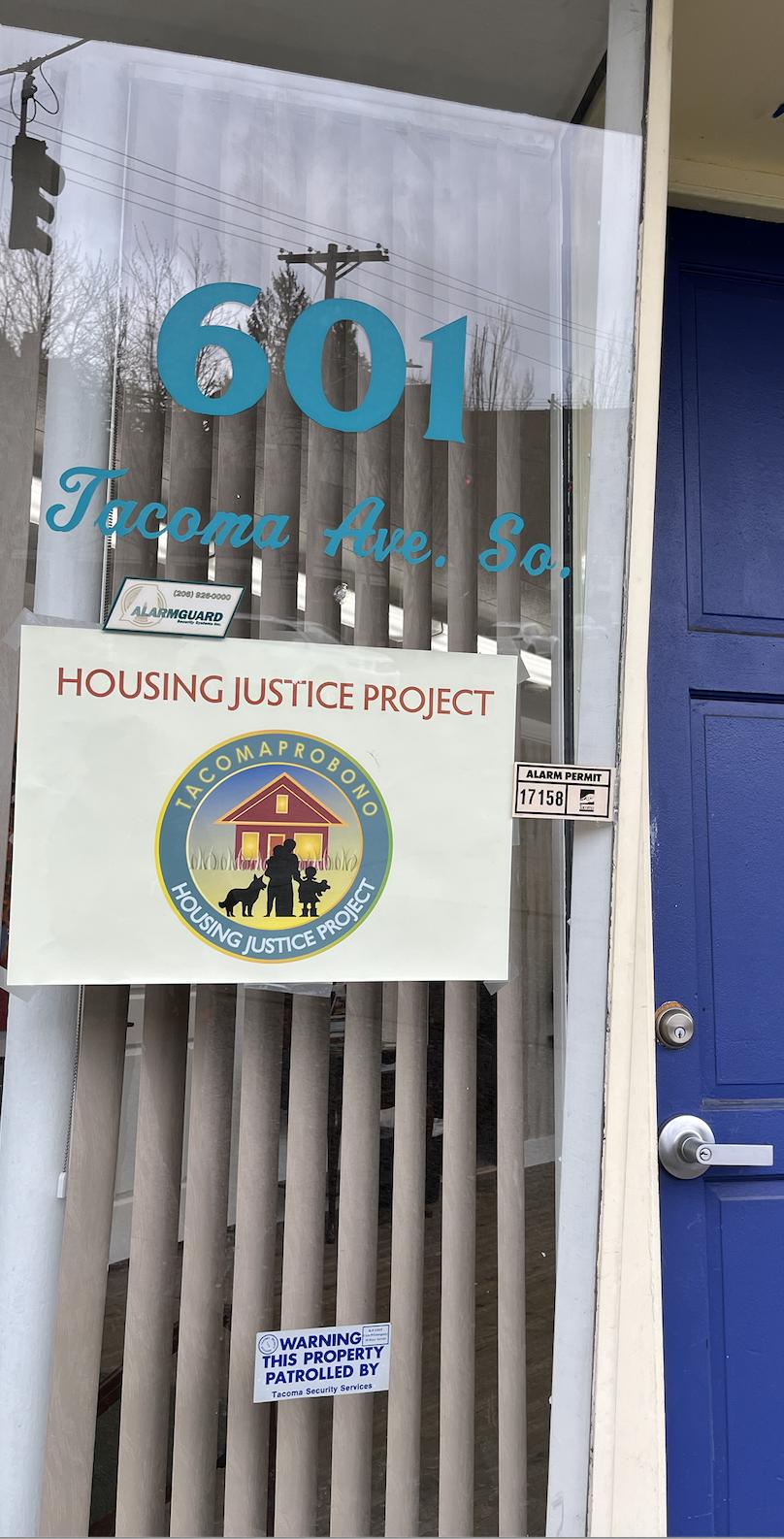
1 minute read
OUR WORK - Case Summaries
Case No. 4
A Housing Justice Project Appointed Counsel Program sta attorney was appointed to represent a tenant in an un led unlawful detainer proceeding, based on a sixty (60) day notice to vacate transitional housing. The landlord provided transitional housing for a maximum term of twenty-four (24) months, and made representations that it would assist the tenant with nding permanent housing within that twenty-four (24) month period.
The tenant began living at the premises in late March 2018, but when the end of her twenty-four month lease term came around in March 2020, the pandemic began and the landlord refrained from pursuing an eviction until September 2022. By the time the notice was served, it had been over two years since tenant’s lease term had ended. Because the tenancy was transitional and temporary, the tenant’s continued residency at the premises violated certain rules imposed by the tenant’s funding sources. As such, the landlord had a strong interest in seeking possession of the premises.
When the Housing Justice Project attorney met with the tenant, she expressed understanding that her lease term had expired over two years ago and that she needed to move, but felt that the landlord had not ful lled its promise to help the client obtain permanent housing. According to the tenant, no resources for permanent housing were provided and no steps were taken by the landlord to help seek permanent housing solutions on behalf of the tenant. Based on this information, the Housing Justice Project attorney planned to argue at show cause that the landlord had failed to ful ll a key obligation of the transitional housing arrangement between the parties. However, after the Housing Justice Project attorney brought this information to the opposing counsel, the landlord agreed to provide $3,500 in relocation assistance and agreed to an extended move-out date to provide the client with an additional thirty- ve (35) days to move.





